
Transcription
MICROSOFT EXCEL
Sunday August 18, 2013
I grew up without any clear sense of purpose, unsure of what interested me, even more unsure of what I actually wanted to do for the rest of my life. A large part of this was due to my inability to focus on any one thing for any length of time, part of it was due to always being moved around, and therefore, never being able to actually get involved with any single thing. Just before my arrest though, I discovered computers, the one and only thing that's ever caught, and more importantly, held, my interest for any length of time, especially this long.
It started out simple enough, using a computer to do research, but before long, I was teaching myself how to design my own websites. A few months later, I was actually making a profit, but my arrest put a hold on any plans I had of doing this full time, or taking it to the next level. Anyway, here I am, years later, and I've once again discovered the joy of computers. This time, I'm determined to make the most out of whatever opportunities come my way, not just because I enjoy computers so much, but also because the more I learn here and now, the better my chances in the future, when I get out of here. And as it was before, everything I'm doing and learning is the result of my having taught myself.
There are 2 basic problems I'm having. The first is that my access is quite limited. In addition to not being able to do things most of us take for granted, like accessing the Internet, or even right-clicking on my desktop, I also don't have anything on my computer beyond Excel, Word and Powerpoint, all of from 2003. The second problem is that our library is extremely limited in what it offers in regards to learning how to master computer skills, not because it's against the rules, but becaue there's just not much of a demand. I, however, want to make the most out of whatever opportunity happens to come my way, hence I'm hoping that perhaps someone reading this blog might be able to come to my assistance.
Before coming to prison, I never really used Excel all that much. I was more interested in designing websites, so my focus was geared more towards those programs that would help make designing sites easier. (Frontpage, Dreamweaver etc.) Now, however I don't have access to those programs, just Excel, Word and Powerpoint, and it's eExcel has me most intrigued.
I used to think of Excel as something used by accountants, something that you needed to be some sort of math genius to use, but I'm quickly finding out that nothing could be further from the truth. With nothing but the help section, I've already managed to learn how to use Excel not only to keep track of the things I want to keep track of, but also how to perform various calculations. The problem I'm having though, is that Excel is capable of much more, but without the proper materials to learn from, I can't get the most out of it, and this is something I really want to do, to get the most out of Excel. My reason for this is because there really aren't that many opportunities to actually learn something constructive in here, but this is one. In fact, not only can I learn something constructive in here, but I can also learn something I can actually put into use once I'm released, something I can actually make a decent living at.
I've heard of several different books. The first is Excell 2002 Formulas (Professional Midware) by John Walkenbach (September 29, 2001), which is suppost to contain every formula Excel is capable of calculating. Another one is Microsoft Office 2002, Microsoft Office Specialist (Certification) by Barbara Clemens (December 11, 2002). Finally there's Succeeding in Business with Microsoft Office Excel 2002: A Problem Solving Approach (First Edition) and Succeeding in Business with Miscrosoft Office Excel 2007: A Problem Solving approach.
My questions are numerous, but I'll keep them to the basics. First, has anyone used any of these books, and if so, what did you think? Did Excel 2002 Formulas indeed contain nothing but formulas for Excel? Or was the name deceptive? Were there any other books you came accross that you found helpful? Any reccomendations? As always, any responses can be posted online, snail-mailed to me, or, if you'd prefer, I do have a friend who monitors my e-mail account: shawnlperrot@hotmail.com
Shawn L. Perrot CDCR# V-42461
CMC-East Cell #6326
PO Box 8101
San Lusi Obisop, CA 93409-8101
Other posts by this author
|
2020 aug 12
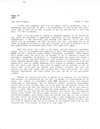
|
2020 aug 12
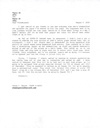
|
2020 may 30
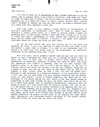
|
2020 may 30
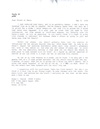
|
2020 may 30
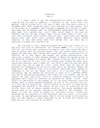
|
2020 may 24
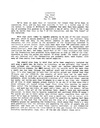
|
More... |
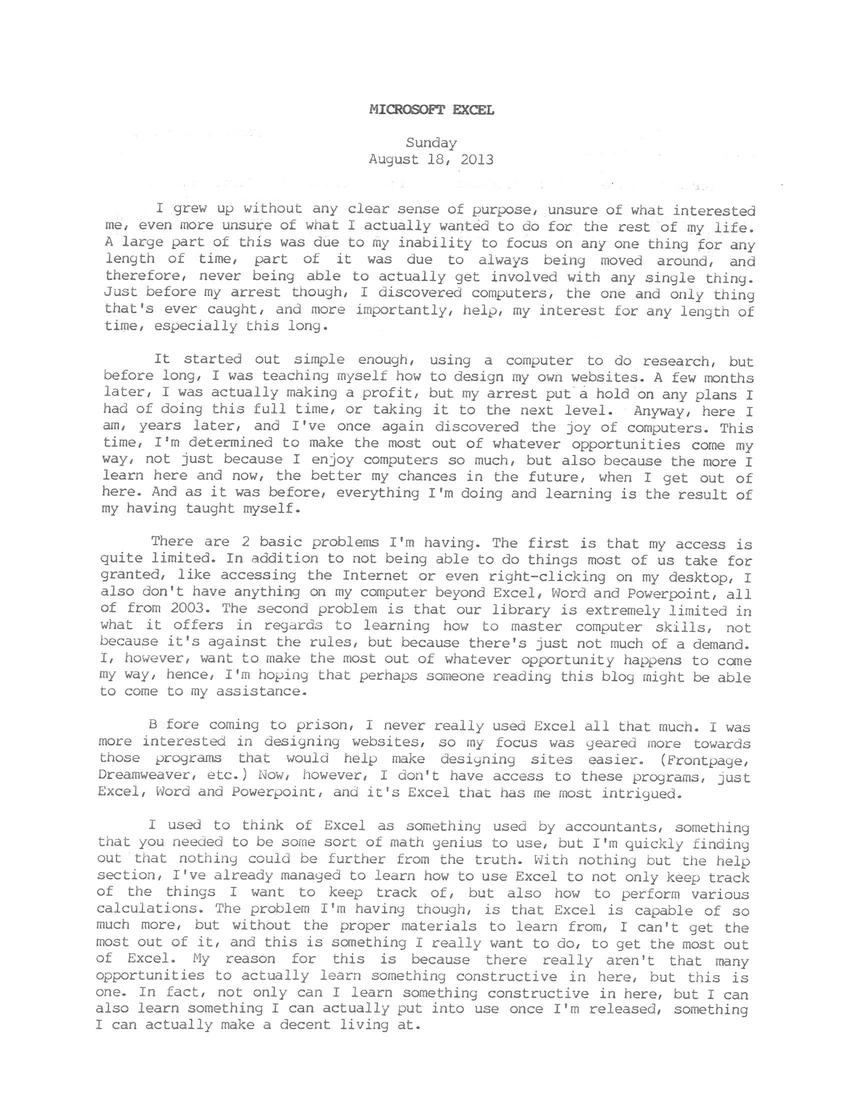
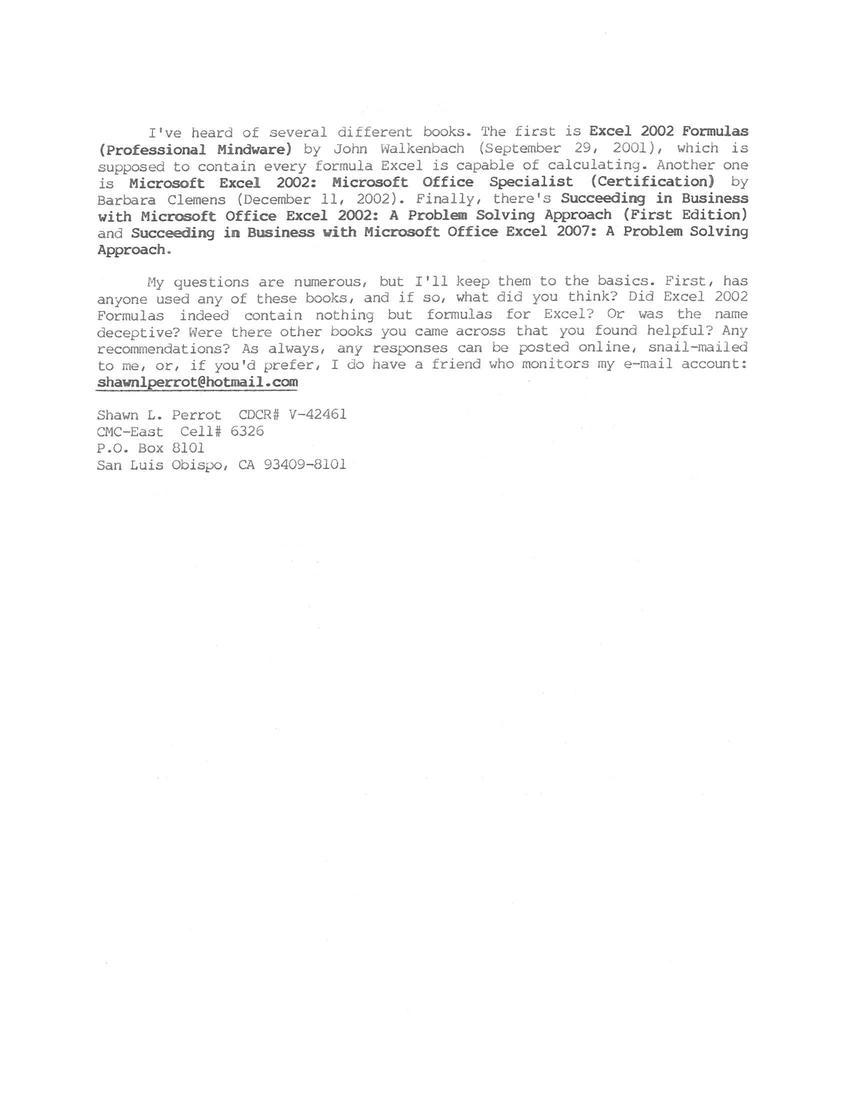

Replies (2)
Thanks for writing. I think it's short-sighted that prisoners can't be provided with better IT training, especially as many will face updated technologies when they leave prison. Obviously there are security concerns etc but it shouldn't be difficult to offer better resources with adequate restrictions. This could really make a difference in gaining employment once released.
I'm afraid I don't know much about Excel myself, but I have googled the Formula book for you. It seems that it's a reference guide for how to create any formula you would want in Excel. An Amazon reviewer has explained in detail what its comprised of:
"1 - Basic Information
This covers a basic description of Excel, facts about formulas, and using named ranges. Complete beginners may not find this enough - I'd suggest Walkenbach's excellent Excel Bible for them.
2 - Using Functions in your Formulas
Takes you through text manipulation, dealing with times and dates, counting and summing, lookups, databases and lists, and various other calculations - the 40 pages on dates and time alone are worth their weight in gold! Excellent stuff.
3 - Financial Formulas
Definitely not for the faint of heart - takes you through the usage of all the financial formulas that Excel has to offer.
4 - Array Formulas
A short part covering the capabilities of array formulas - far more useful than the coverage that array formulas received in the previous book I had read.
5 - Miscellaneous Formula Techniques
An excellent reference section where you can gain some great tips and techniques. Covers intentional circular references, charting techniques, pivot tables, conditional formatting, data validation, the creation of 'megaformulas', and various debugging methods when things go wrong."
The book has lots of good ratings. I hope this is helpful in some way!